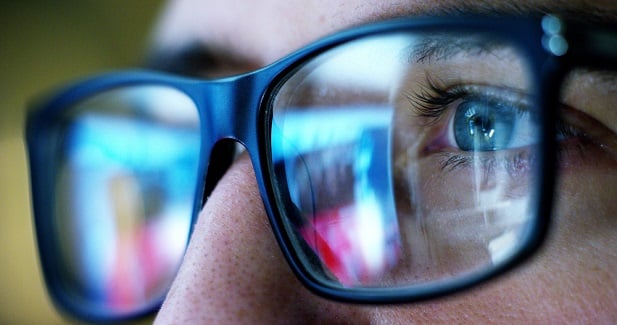According to a new study from the Georgetown Center on Education and the Workforce, although a college degree gives job seekers an advantage, the unemployment rate varies by degrees.
The study finds that the highest unemployment rate is among architecture graduates at 13.9 percent because of the lack of construction and home-building industries in the recession. Unemployment is also higher for nontechnical majors, such as the arts at 11.1 percent or social sciences at 8.9 percent. Earnings vary among majors, with the median earnings hitting $55,000 for engineering majors and $30,000 for arts, psychology and social work majors.
Among recent graduates in math and computing, unemployment is at 6 percent for specialists who can write software and invent new applications, the study shows, but for those who use software to manipulate, mine and disseminate information is at 11.2 percent.
Recommended For You
The study also finds that unemployment is lowest where the correlations between majors and occupations are highest. For instance, unemployment rates for recent graduates in engineering, the sciences, education or health care-related majors are at 5.4 percent because they are connected to stable or growing industry sectors and occupations. Psychology and social work graduates also have relatively low unemployment rates at 7.3 percent because nearly half of them work in the health care or education sectors.
The overall unemployment rate for people with graduate degrees is at just 3 percent, the study finds. Excluding arts and education, which typically have low salary wages, workers with graduate degrees average between $60,000 and $100,000 per year, as opposed to $48,000 and $62,000 for workers with bachelor's degrees.
Based on unemployment figures, the jobless rate for recent college graduates with bachelor's degrees is at 8.9 percent, but unemployment for those with no more than a high school diploma is at 22.9 percent and 31.5 percent among high school dropouts.
© 2025 ALM Global, LLC, All Rights Reserved. Request academic re-use from www.copyright.com. All other uses, submit a request to [email protected]. For more information visit Asset & Logo Licensing.







